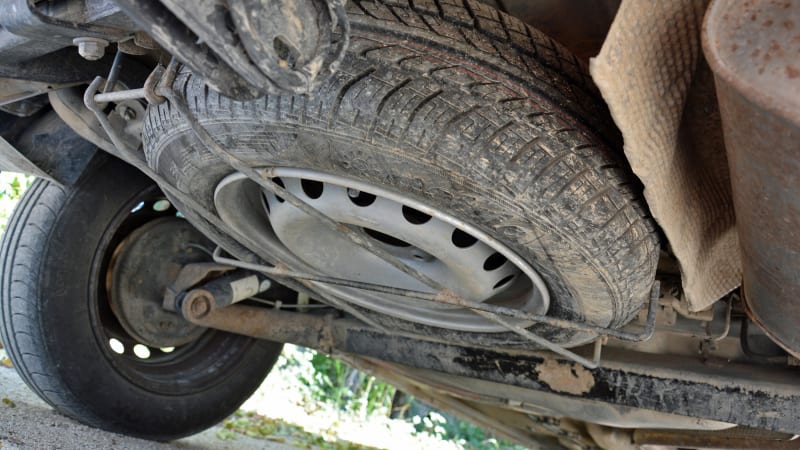Tomato peels, egg shells could become car parts, not compost
https://ift.tt/2KD2HVD

You might be unexpectedly reunited with the peels and shells you throw away after making stir-fry when you buy your next car. Researchers and at least one automaker are studying ways to use tomato peels, egg shells, and other natural waste products to manufacture car parts in a bid to make upcoming models cheaper to build, longer lasting, and more environmentally friendly.
Katrina Cornish, a professor and researcher at Ohio State University, told Automotive News she believes tomato peels are strong enough to be ground up and incorporated into suspension bushings, motor mounts, tires, and hoses, among other components. Egg shells might avoid a life sentence in the compost pile for the same reason. It sounds far-fetched, but these natural waste products could help make the carbon black often found in the aforementioned parts obsolete.
Carbon black is manufactured by burning heavy petroleum products; it’s a process that emits harmful pollutants into the atmosphere. Tomato peels and egg shells are normally discarded, so sending them to the assembly line would make the air cleaner, while helping curb the growing amount of waste our society produces. These parts will (in theory) be easy to recycle at the end of their life cycle, which is important because tires, motor mounts, and hoses are wear-and-tear parts.
This wouldn’t be the first time food and plants have found their way into cars. Ford teamed up with Lear to create soybean-based seat foam used in the 2008 Mustang. Setting our time machine back to 1941, Henry Ford developed and built a car whose body was made with a Whole Foods-worthy blend of soybeans, wheat, and hemp, among other natural materials. Similarly, the infamous Trabants that dotted East Germany became obsolete after the Berlin Wall fell, but they couldn’t be crushed because they were largely manufactured using a blend of resin and either cotton or wool fibers named Duroplast. Scientists ultimately identified a bacteria that ate Duroplast and left only the recyclable metal bits behind.
Back to the road: The growing popularity of ride-sharing programs adds another factor into this equation. As it stands, shared vehicles wear out faster than private cars because, much like taxi cabs, they’re on the road for most of the day. Automakers and suppliers are working on longer-lasting components, and they hope changing the molecular composition of each part will help them unlock more durability. Automotive News learned some suppliers aim to develop parts with a million-mile life expectancy.
We’re not there yet. Researchers need to make sure a motor mount made with ground tomato peels and ground egg shells will last at least as long as a conventional part manufactured using rubber or carbon black, without costing significantly more to manufacture. Anyone who has ever grilled tomatoes will also wonder how well peels withstand the extreme heat generated by an engine.
These hurdles aren’t insurmountable, and Cornish’s team has already started testing car parts made with natural materials. Time will tell whether automakers will seize the opportunity to charge extra for organic, fair-trade radiator hoses.
Auto Blog
via Autoblog https://ift.tt/1afPJWx
August 11, 2019 at 09:12AM